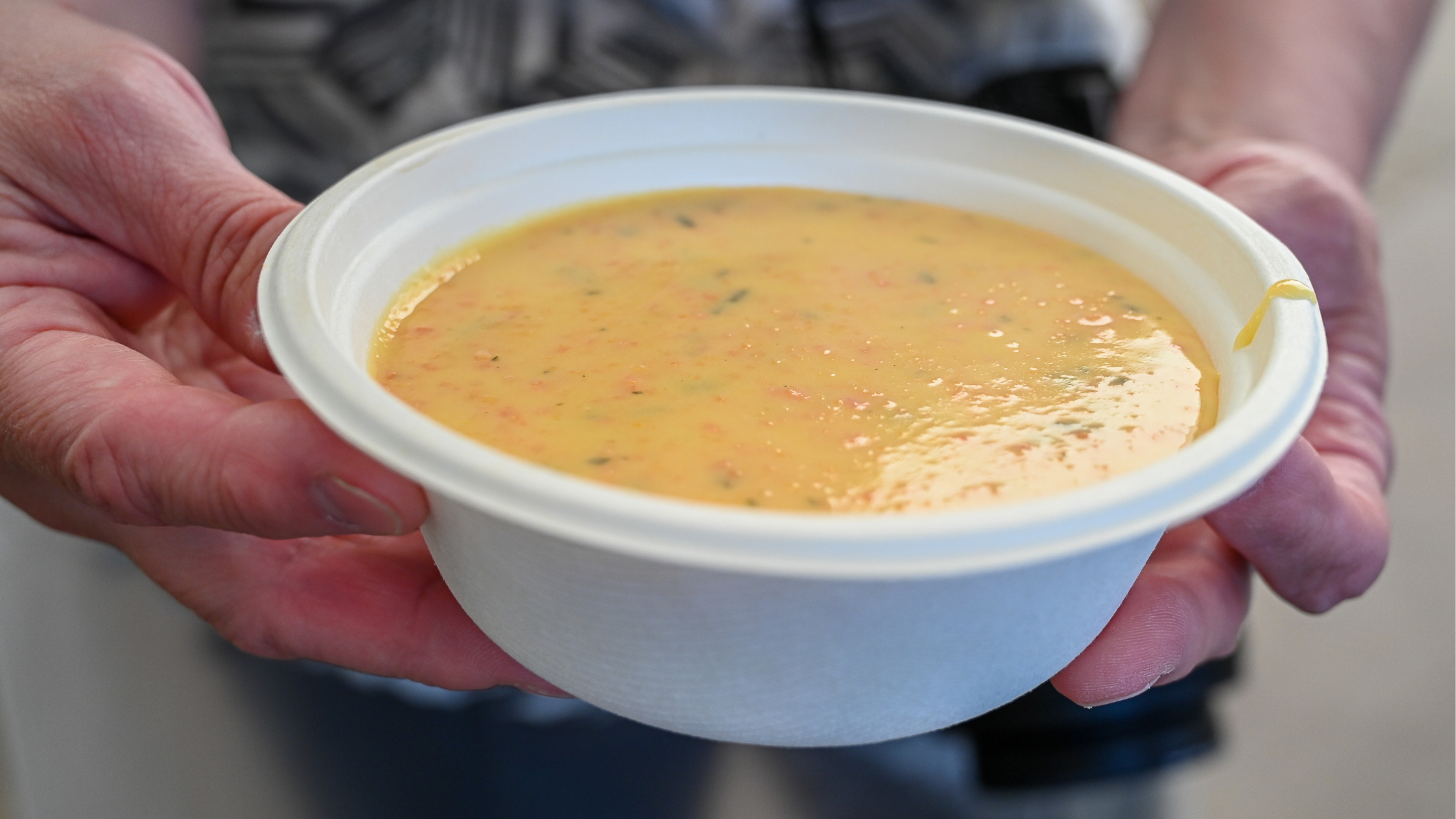Charity means Christian love for one’s neighbours and comes from the Latin word caritas, meaning “dear” or “precious”. Helping the needy is according to the teaching of the Bible. Jesus was a great example of doing good, and as Christians, we are supposed to help our neighbours. But do good deeds have anything to do with salvation?
The apostle James, in particular, repeatedly emphasized the significance of good deeds. He even wrote: ”You see that a person is justified by works and not by faith alone.” (James 2:24)
However, his colleague and brother in faith, the apostle Paul, wrote to the Galatians: ”yet we know that a person is not justified by works of the law but through faith in Jesus Christ” (Galatians 2:16). Is there a contradiction between the teachings of Paul and James?
No, they simply approach the question from different angles. Paul speaks of the “works of the law”. He was referring to people who were trying to do good but had not yet repented. They had not sought forgiveness for their sins, so they could not be judged by grace. Instead, they were still living under the requirements of the demanding law.
Unlike Paul, James wrote to believers who had already been forgiven and who had the Holy Spirit in them. James clarified that living faith produces good fruit, or works.
This explains the difference. Regarding salvation, trying to earn righteousness by doing good deeds is absolutely useless. In fact, I would say that it is a sin to consider doing good deeds as a way of becoming more acceptable to God.
Good Deeds Are Like a Dirty Cloth Before God
The prophet Isaiah emphasizes this in 64:6: ”We have all become like one who is unclean, and all our righteous deeds are like a polluted garment”. The prophet shows that before God our good deeds are like a dirty cloth. But why?
First, we naturally love to do good in public. Without intending to, we may seek respect or admiration for ourselves, striving to appear virtuous. The Bible calls this hypocrisy, which is not a fruit of living faith. Jesus said: ”But when you give to the needy, do not let your left hand know what your right hand is doing, so that your giving may be in secret. And your Father who sees in secret will reward you” (Matthew 6:3).
More importantly, doing good is not a valid way to follow Jesus, nor is it the core of following him. We can’t please God by doing good, but only by repenting and receiving His forgiveness.
Jesus said: ”But seek first the kingdom of God and his righteousness, and all these things will be added to you” (Matthew 6:33). In another instance, Jesus was asked: “What must we do, to be doing the works of God?” He replied: “This is the work of God, that you believe in him whom he has sent’” (John 6:28-29).
Charity is Good Fruit but Forgiveness is the Only Way to Heaven
What does Jesus expect us to do? It is true that Jesus taught his followers to do good. But when He departed, He gave His disciples the Holy Spirit — not primarily to do good, but to forgive. He said: ”Receive the Holy Spirit. If you forgive the sins of any, they are forgiven them; if you withhold forgiveness from any, it is withheld” (John 20:22-23).
This forgiveness is the narrow gate to the kingdom of God, the eye of the needle through which one must go to follow Jesus: to be forgiven by a person who has been forgiven first. And an incredible result follows: one who has had sins forgiven and is filled with the Holy Spirit, can also forgive others’ sins. As Jesus says in John 4:14: ”The water that I will give him will become in him a spring of water welling up to eternal life”.
Once forgiven, you are empowered to do the only truly good work that can help your neighbour to find the eternal peace of heaven: to forgive their sins on behalf of God, in Jesus’ name and blood.
The power to do this comes from the Holy Spirit, received through repentance. The Holy Spirit not only grants you this power but also creates a desire for good deeds, as faith produces good fruit.
Author: AH


